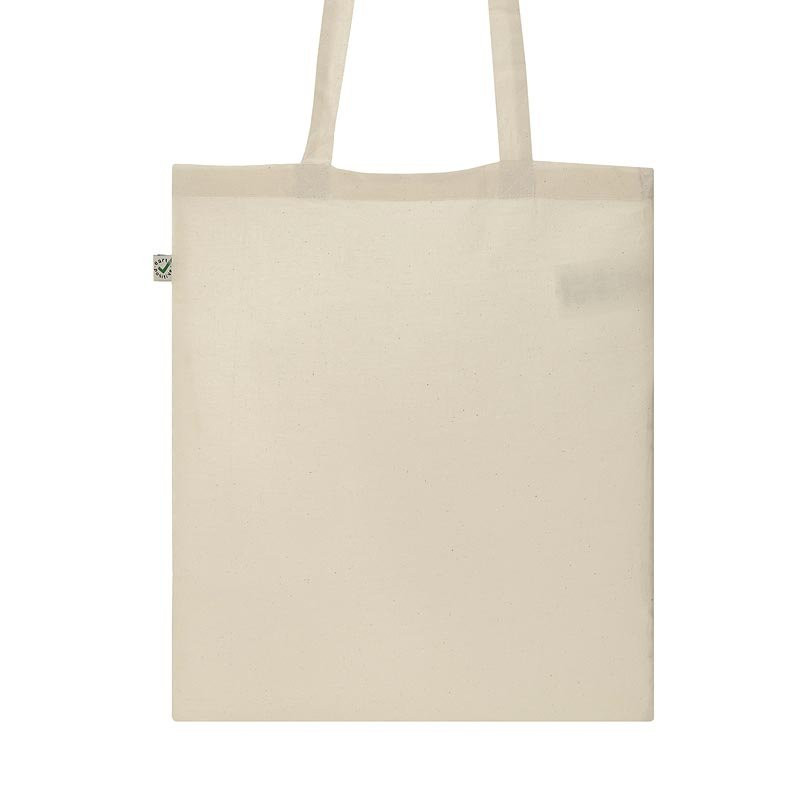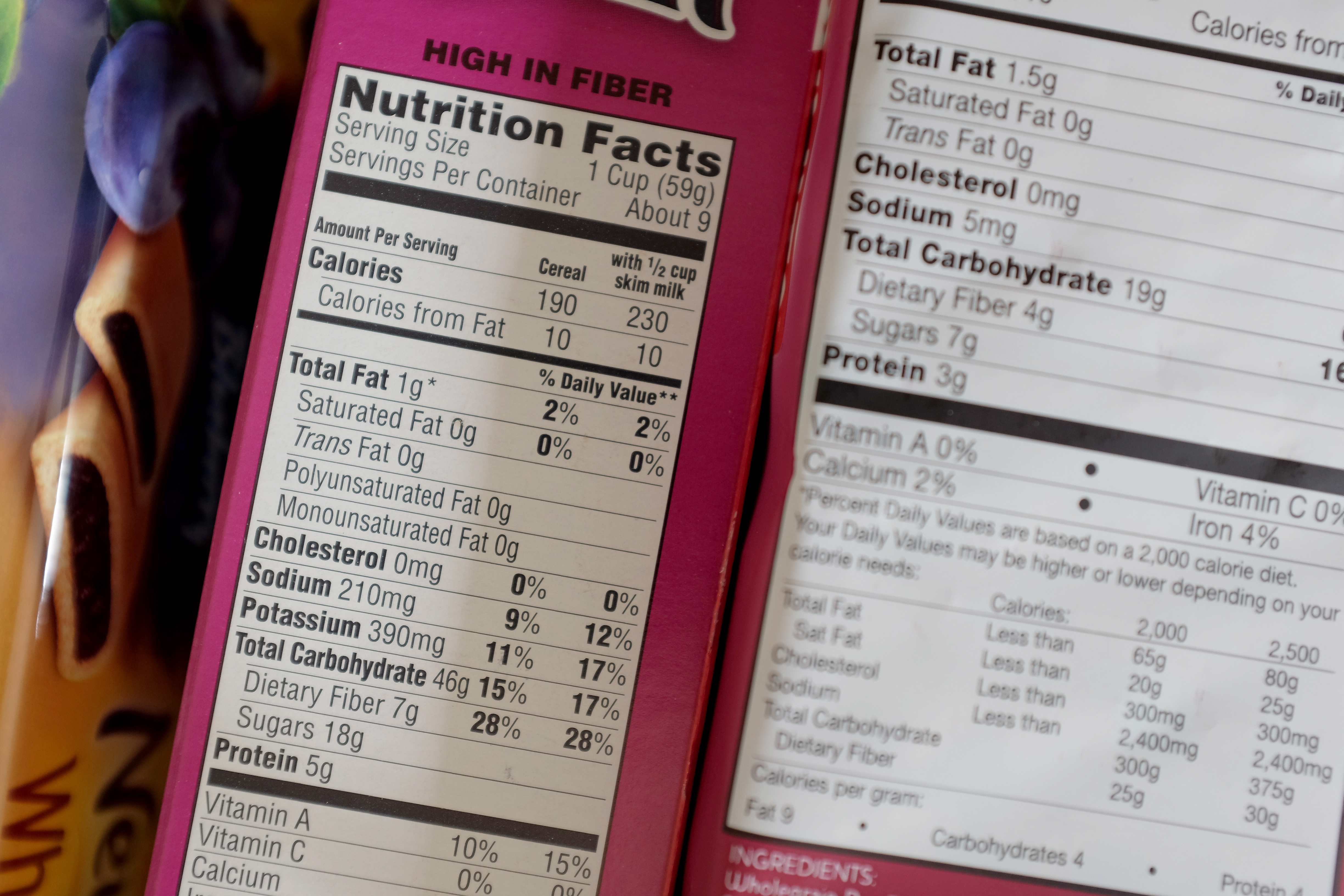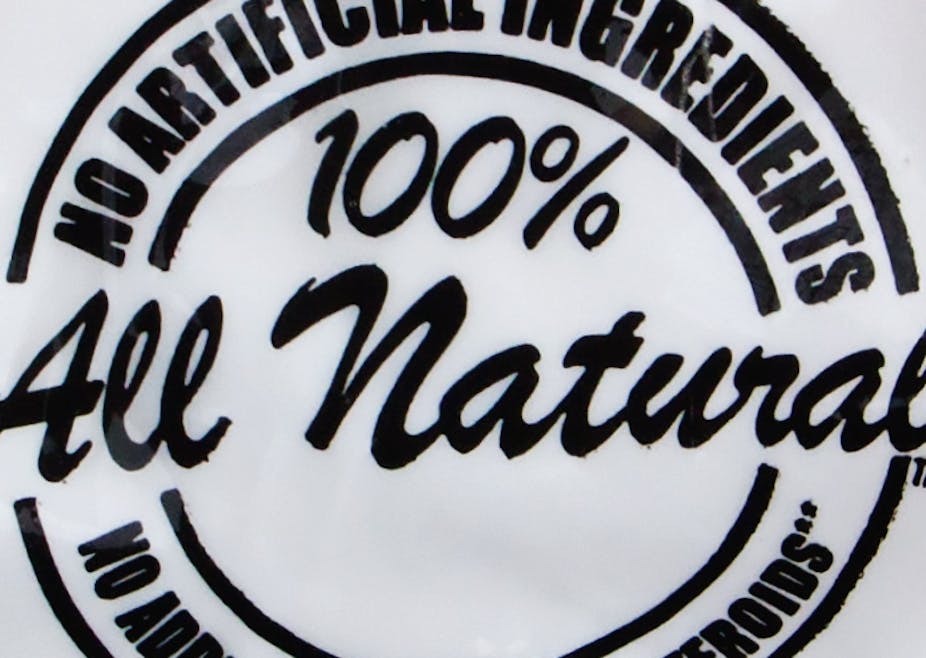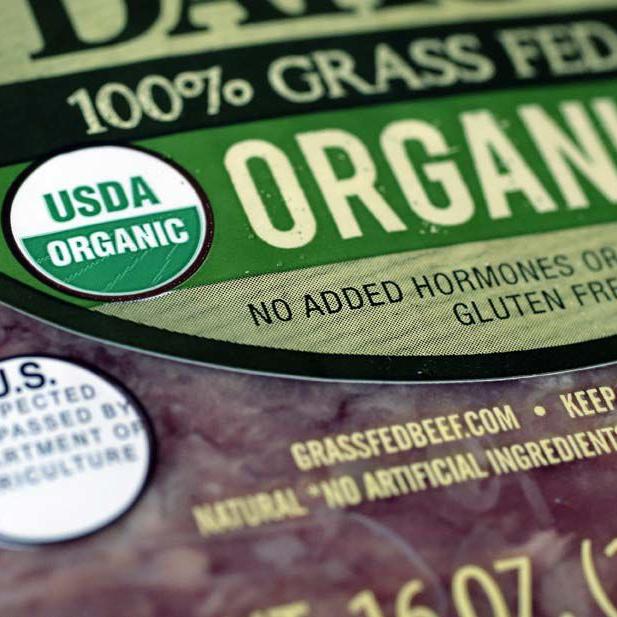38 can you trust organic labels
Twenty-Six Percent of U.S. Consumers Trust Organic Food Labels A "lack of faith" in organic claims has resulted in just 26 percent of U.S. consumers saying they trust organic food labels, according to a new report by market research firm Mintel Group Ltd. The report, "The Natural/Organic Food Shopper - US," indicates that authenticity and price are purchase deterrents, even among organic shoppers. For ... Natural vs. Organic: Does The Label Matter? - Rodale Institute Short answer: Yes! When walking through the grocery store, consumers are bombarded by dozens of labels claiming "100% natural," "all-natural," "organic," and "non-GMO," to name a few. Without a clear-cut definition of "natural" when it comes to food, it is easy to assume that natural and organic food are more-or-less the same.
Is There a Sustainable Certification for Clothing? [Guide to Ethical ... This post is generously sponsored by SOL Organics, a bed and bath brand that holds several ethical and sustainable certifications, including Fairtrade International, GOTS, and OEKO-TEX.As always, EcoCult only works with brands who we trust are making the world a better place. We often hear the question of whether there is a label like USDA organic, but for fashion and home products.

Can you trust organic labels
When you can't trust a label - Sustainable America Natural, organic, fair-trade, these are all labels on our food that we have come to trust, labels that we believe tell us our purchases are good for us, good for the environment, that the people who grew our food were treated well. But who sets the standards for the labeling and who keeps track of those standards if there are any? Eco-Labels & Humane Labels on Food & Other Products--Which Ones Can You ... This coffee and chocolate label, overseen by the Smithsonian Migratory Bird Center ( , 202-673-4908) and verified by organic inspectors, ensures that growing techniques preserve ample shade cover and provide sufficient habitats for avifauna. Certified Humane Raised and Handled. Food Label Claims: What You Can and Can't Trust - WebMD Gluten-Free. This label is important for people with gluten sensitivity or celiac disease, an autoimmune condition. There is no FDA symbol for this standard. But you can trust a gluten-free claim ...
Can you trust organic labels. Is the Organic Label as Valuable as You Thought? NYC Food Policy Report Is the Organic Label as Valuable as You Thought Food labels are a dime a dozen these days. Yet while many hold little to no merit-think "natural" and "free-range"- others like "organic," must comply with strict government standards. The demand for organic is reaching a fever pitch. Can You Trust The 'Natural' Label? | Civil Eats We already have an entire organic program, which took an act of Congress to pass and 12 years to get into regulation so that it's now a verified label. Organic is not perfect, but it provides a way to hold food producers accountable. There isn't the same mechanism for "natural" at all. Which Sustainable Food Certifications Can You Trust - Fork in the Road 👉 Should you trust the USDA Organic certification? Yes, if you are concerned with eating organic foods then the USDA Organic label is a trustworthy source. However, if you have strong feelings about biodiversity and ecosystem preservation, the USDA label may not be enough. Demeter Biodynamic Can We Trust the Label "Organic"? | Sierra Club There are also other significant safety advantages to organic farming, because it reduces soil loss while it increases soil organic matter content. The biochemical and ecological characteristics of the soil are improved, while organically managed soils also have a higher water-holding capacity than conventionally managed soils.
Organic Mattress Labels You Can Trust - Consumer Reports Organic Content Standard 100 refers only to the percentage of certified-organic materials, not to the presence of flame retardants, VOCs, colorants, or dyes. Prices for mattresses with green ... Organic 101: What the USDA Organic Label Means "Made with organic" products will not bear the USDA organic seal, but, as with all other organic products, must still identify the USDA-accredited certifier. You can look for the identity of the certifier on a packaged product for verification that the organic product meets USDA's organic standards. Can Consumers Trust the 'USDA Organic' Label on Food Products from China? The U.S. government is clueless about how much organic food is imported from China. The Department of Commerce uses hundreds of 10-digit codes to track and report imports. But there is no code to identify organic products. As a result both the USDA and the Commerce Department lack information on how much organic food is imported, whether it is ... How to read food labels when you're looking for organic, ethical, or ... The standards for the USDA organic label — which you can find on meat, eggs, and dairy — were established with the Organic Foods Production Act of 1990. Other official seals you see on food are...
Understanding the USDA Organic Label Understanding what the organic label means can help shoppers make informed purchasing choices. Organic is a labeling term found on products that have been produced using cultural, biological, and mechanical practices that support the cycling of on-farm resources, promote ecological balance, and conserve biodiversity. Why Consumers Don't Trust 'Organic' Labels - Time Anyone who wants to sell or market or label their product as organic has to follow the USDA regulations." Those regulations include rules that farmland must have been free of genetically modified... Which Organic Label Should You Trust? | Nutrition Products labeled simply "organic" must contain at least 95 percent organic ingredients. The label "made with organic ingredients" can contain anywhere between 70 to 95 percent organic ingredients. Organic products cannot be irradiated, and are not allowed to contain preservatives or flavor-enhancing chemicals. 20 Ethical and Sustainable Labels to Look For When You're ... - Brightly The Global Organic Textile Standard (GOTS) is the worldwide leading textile processing standard for organic fibers, including ecological and social criteria, backed up by independent certification of the entire textile supply chain. 15. Oeko-Tex This label is often seen in products made for children as it focuses on testing for harmful substances.

The 3 Foragers: Foraging for Wild, Natural, Organic Food: Foraging Programs in Southern New England
How to Decode Organic & Natural Labels - Debbie's Health Foods Inc. The "100 percent organic" label requires that 100 percent of the product and its ingredients are, in fact, organic. This label will include the name of the certifying agent and will bear the USDA Organic Seal and/or the 100 percent organic claim. ... A seal you can trust, however, is the Non-GMO Project Verified label. ...
Labeling Organic Products | Agricultural Marketing Service Used to label any product that contains 100 percent organic ingredients (excluding salt and water, which are considered natural) Most raw, unprocessed or minimally processed farm crops can be labeled "100 percent organic" PDP: May include USDA organic seal and/or 100 percent organic claim
No, the Organic Label is Not a Marketing Scam - Rodale Institute The USDA Certified Organic seal is a stamp of approval that the farm or business is in compliance with the rules, and you can trust it. Farmers who wish to sell their product with the USDA Certified Organic label must undergo a thorough review and audit process Part 3: A brief history of organic certification
How Much Can You Trust That Food Label? - Wise Bread Exhibit A: The company that makes Airborne, an herbal supplement, settled a class-action lawsuit in 2008 over the wording "boost the immune system" on product's label. A judge ruled that the label ...
USDA Organic: A No Antibiotics Label You Can Trust The "USDA Organic" label is one of the best guarantees that the animal didn't receive antibiotics. When it comes to poultry, however, organic birds can still be given antibiotic injections while...
Organic on Food Labels | FDA Food products that are ordinarily under FDA's jurisdiction and labeled with organic claims must comply with both USDA NOP regulations for the organic claim and FDA regulations for food labeling and...
Is the Organic Label as Valuable as You Thought? In spite of growing consumer demand, only 26 percent of consumers say they trust organic food labels, according to a Mintel report. Turns out, that mistrust may be misplaced. "Consumers should trust the label, as it's a robust control system in place around the world," says Miles McEvoy, former deputy administrator of the NOP.
Organic - Greener Choices Food can only be labeled "organic" if it is has been certified by a USDA-accredited certification agency and meets all the requirements in the U.S. Department of Agriculture's organic standards. Those standards are available in the Code of Federal Regulations (7 CFR 205). The federal organic standards include requirements for: §205.202 Land
Can You Trust That Label -- Or Does It Hide a Food Scam?.html With content of more than 70% organic, the label can state only "Made with organic ingredients," while anything less than this may state "Organic ingredients." We know of no designation for 100% organic ingredients. If the logo isn't there, you can't be sure the product has organic content. Beyond the food label
Can You Trust That Organic Label On Imported Food? : The Salt : NPR In their response to Laufer, organic industry executives say that the word "organic" is far more trustworthy than most labels you see on groceries. Unlike "natural," for instance, it really means...
Can You Trust Organic and Other Food Labels? - Lacto Bacto But actually the organic label on American grown foods is one that people can trust, and it means that a government agency (the US Department of Agriculture) has certified that the food was grown organically. Yes, there are standards for organic food. The worst label on a food is " natura l' - it is totally meaningless.
Natural vs. Organic Products: Know the Differences - Tom's of Maine You may see products labeled as "natural" even though they contain ingredients you personally consider questionable. Luckily, there are just as many companies committed to making products with naturally derived or organic ingredients that your family can trust. With just a little research, you can learn to recognize the differences.
Food Label Claims: What You Can and Can't Trust - WebMD Gluten-Free. This label is important for people with gluten sensitivity or celiac disease, an autoimmune condition. There is no FDA symbol for this standard. But you can trust a gluten-free claim ...
Eco-Labels & Humane Labels on Food & Other Products--Which Ones Can You ... This coffee and chocolate label, overseen by the Smithsonian Migratory Bird Center ( , 202-673-4908) and verified by organic inspectors, ensures that growing techniques preserve ample shade cover and provide sufficient habitats for avifauna. Certified Humane Raised and Handled.
When you can't trust a label - Sustainable America Natural, organic, fair-trade, these are all labels on our food that we have come to trust, labels that we believe tell us our purchases are good for us, good for the environment, that the people who grew our food were treated well. But who sets the standards for the labeling and who keeps track of those standards if there are any?












Post a Comment for "38 can you trust organic labels"